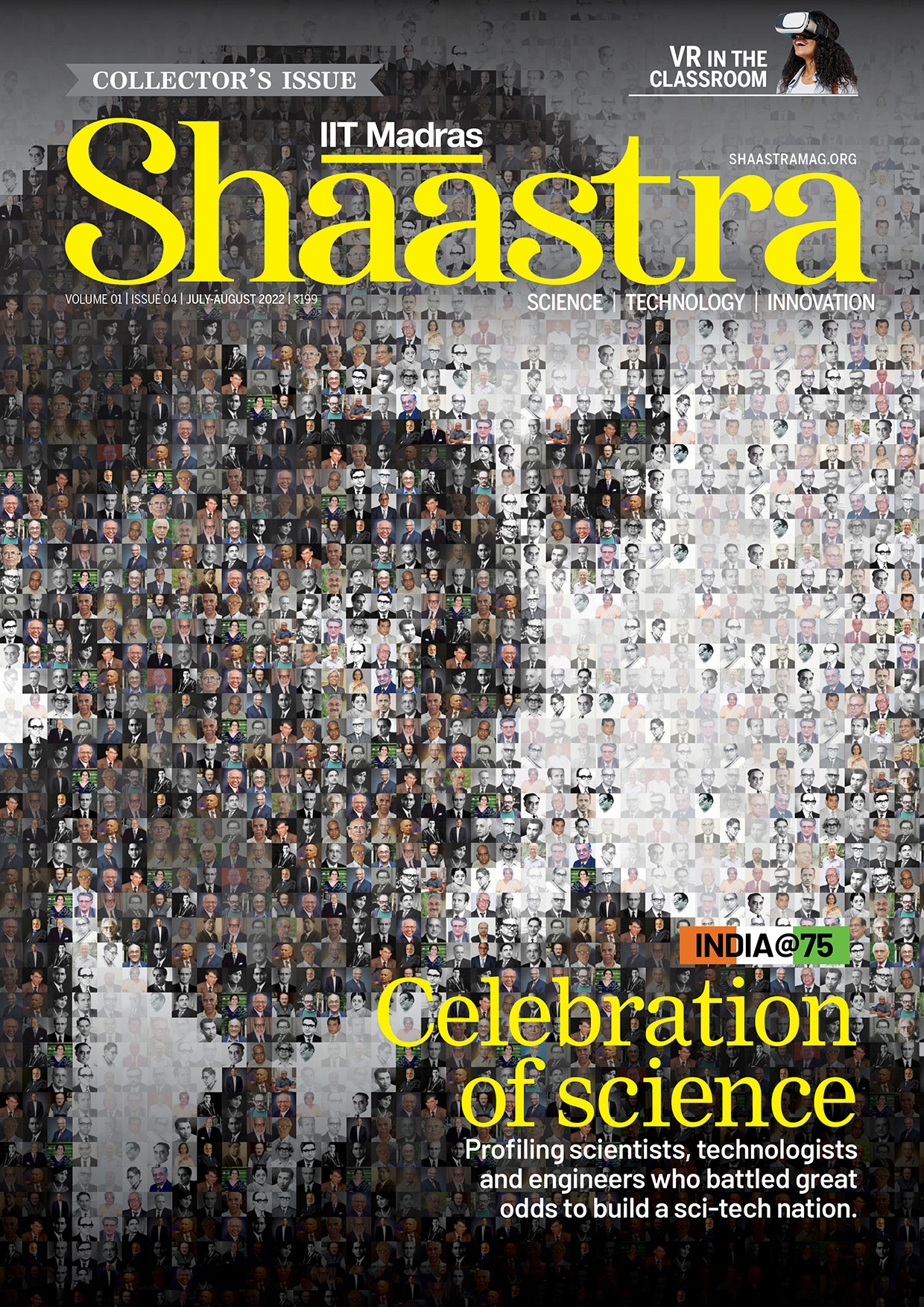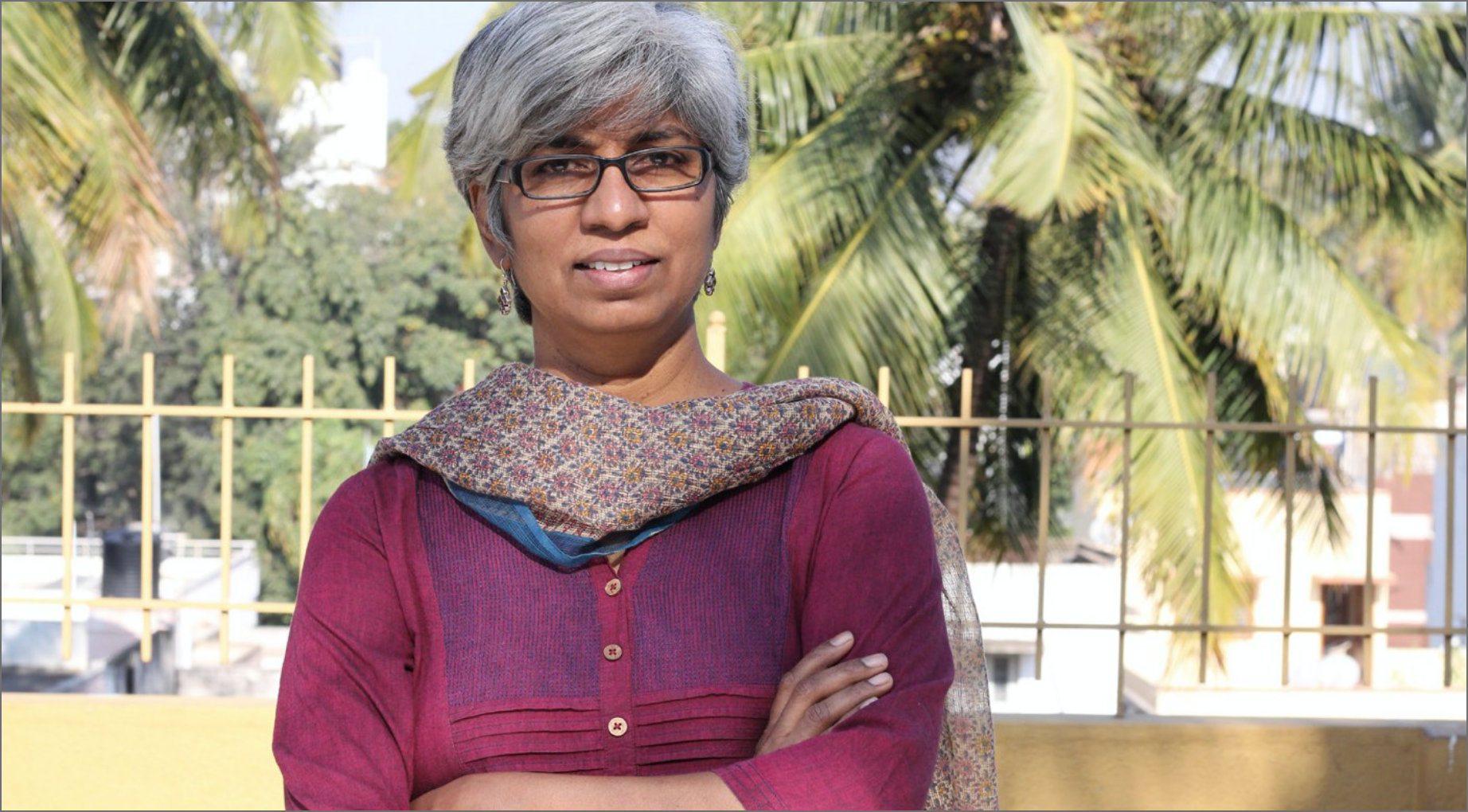Twists in the quantum tale
-
- from Shaastra :: vol 03 issue 02 :: Mar 2024

TIFR physicists have produced a superconducting diode that works at high temperatures.
Make way for an error-resilient quantum computer. Researchers at the Tata Institute of Fundamental Research (TIFR) in Mumbai have produced the world's first superconducting diode that leverages high-temperature superconductivity, paving the way for better and cheaper quantum computers. Qubits — the core of these ultrafast computers — can run at a temperature of around 77 Kelvin (K), which allows for liquid nitrogen cooling. Current quantum computers require the more expensive liquid helium for cooling.
The path-breaking work by Mandar M. Deshmukh and his colleagues at TIFR's nanoelectronics lab comes barely four years after the discovery that superconducting materials can be like diodes. Diodes, particularly those made of semiconductors, allow electrical current to flow only in one direction and thus form the heart of modern electronic devices.
In August 2020, a team of Japanese researchers made the first superconducting analogue of the semiconductor diode, which works at 4K. Research groups had been at work on this for decades.
"Apart from exhibiting those macroscopic properties such as conducting without resistance and expelling magnetic field, a superconducting material, at a fundamental level, has to extend quantum mechanical wave function all over the material," Deshmukh says.
PAST ISSUES - Free to Read


Have a
story idea?
Tell us.
Do you have a recent research paper or an idea for a science/technology-themed article that you'd like to tell us about?
GET IN TOUCH














